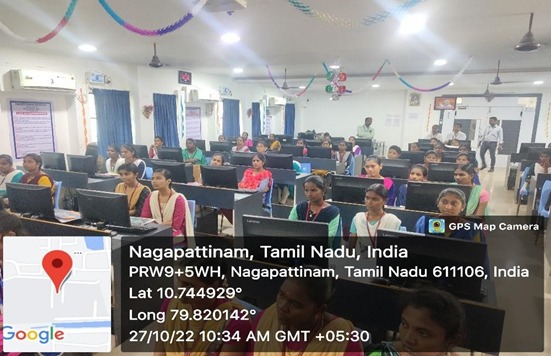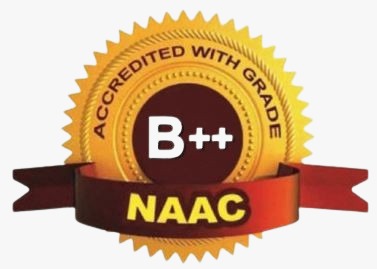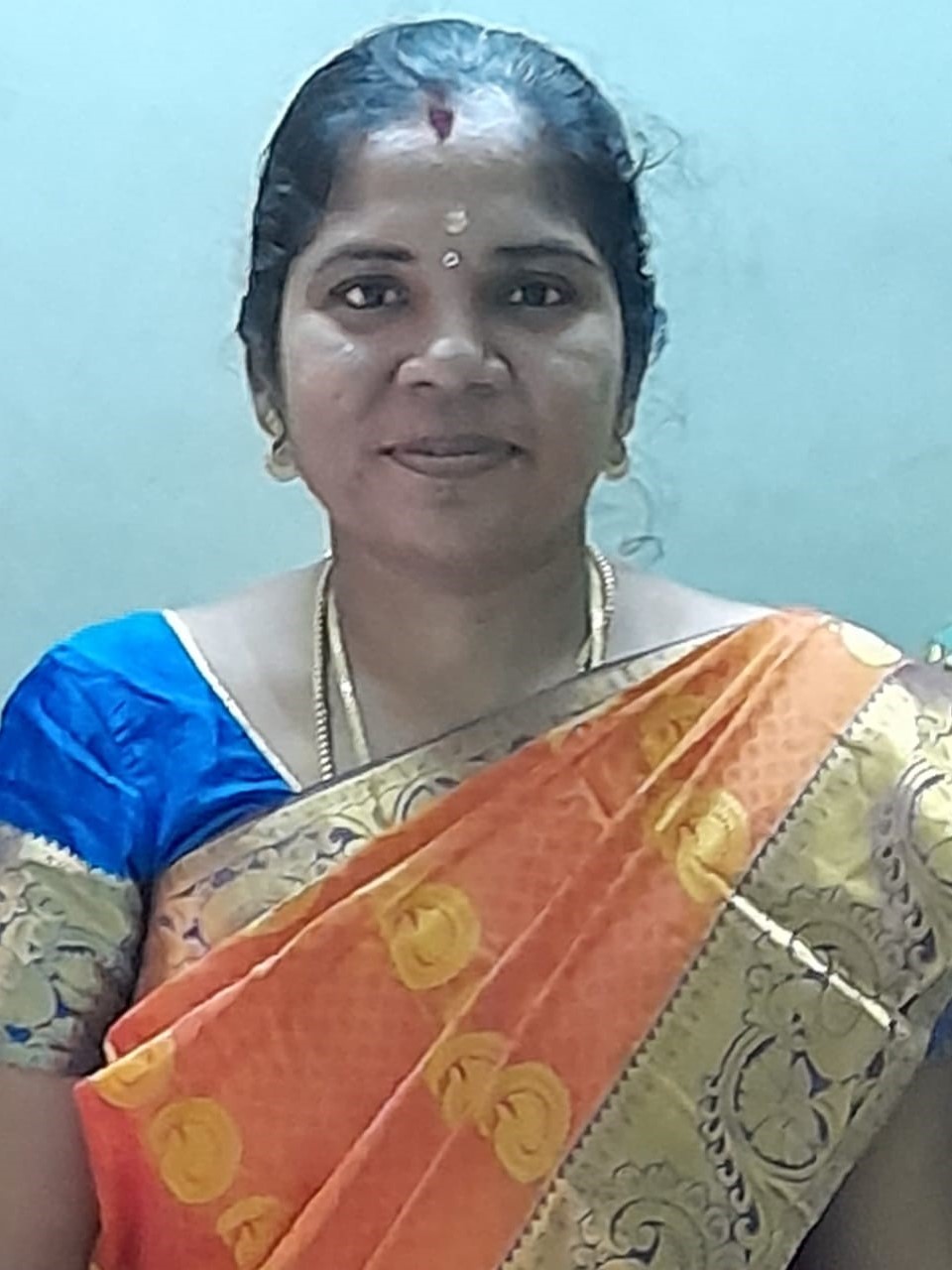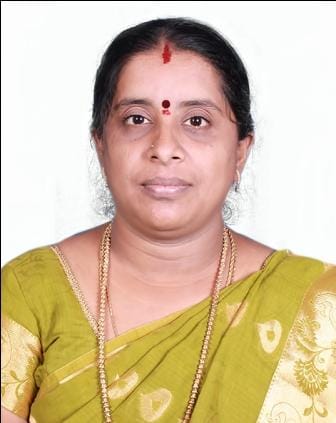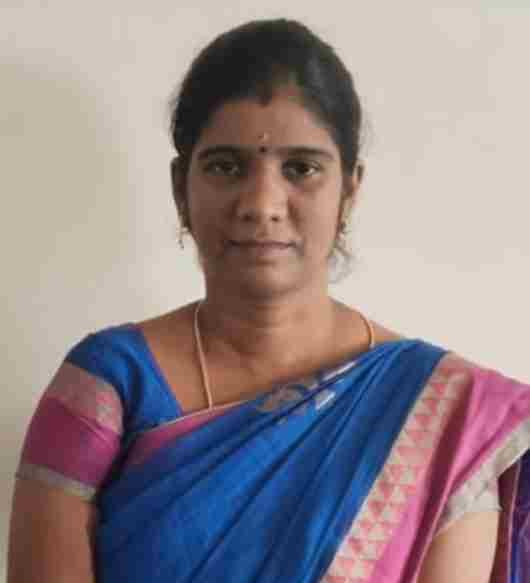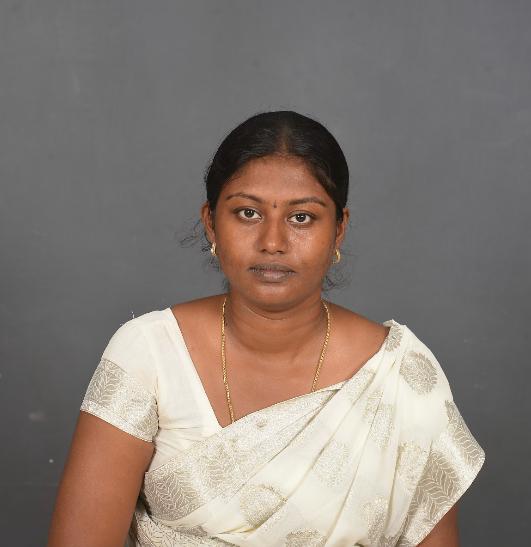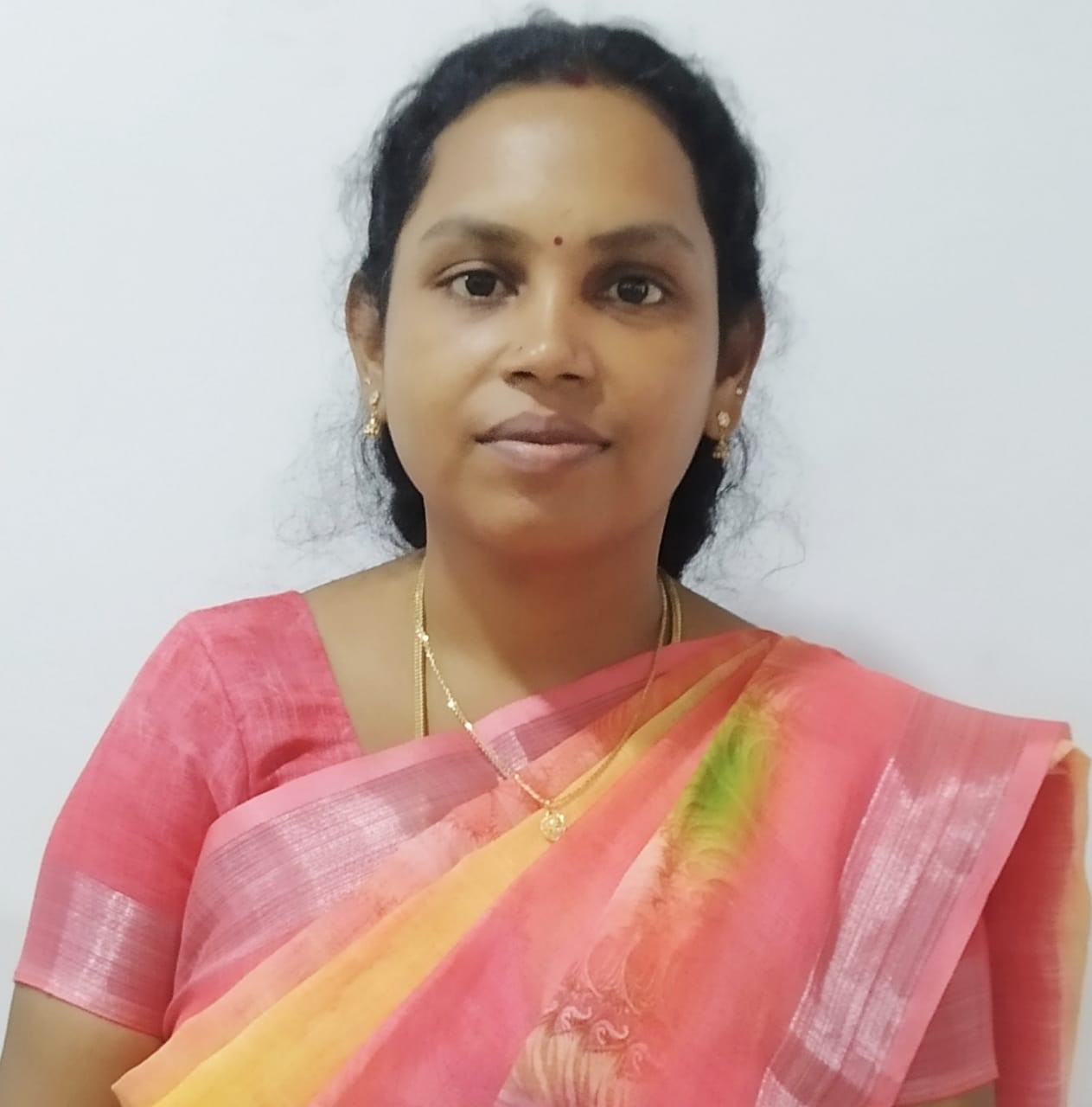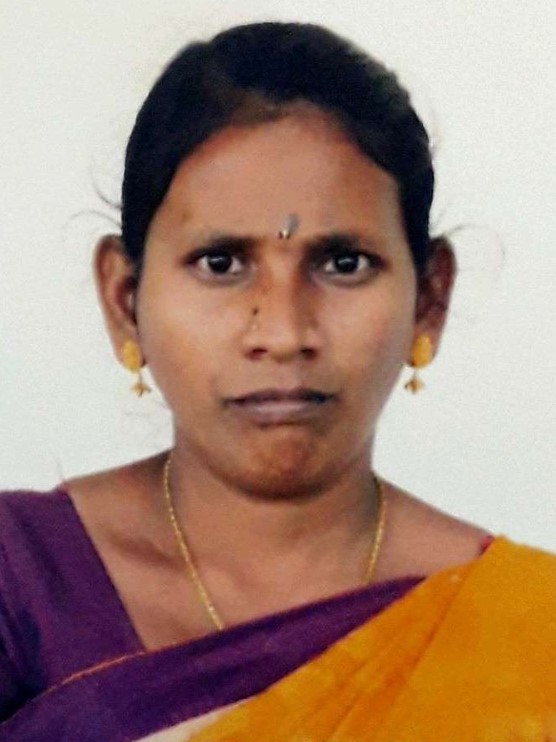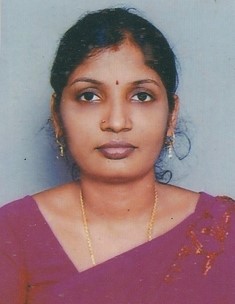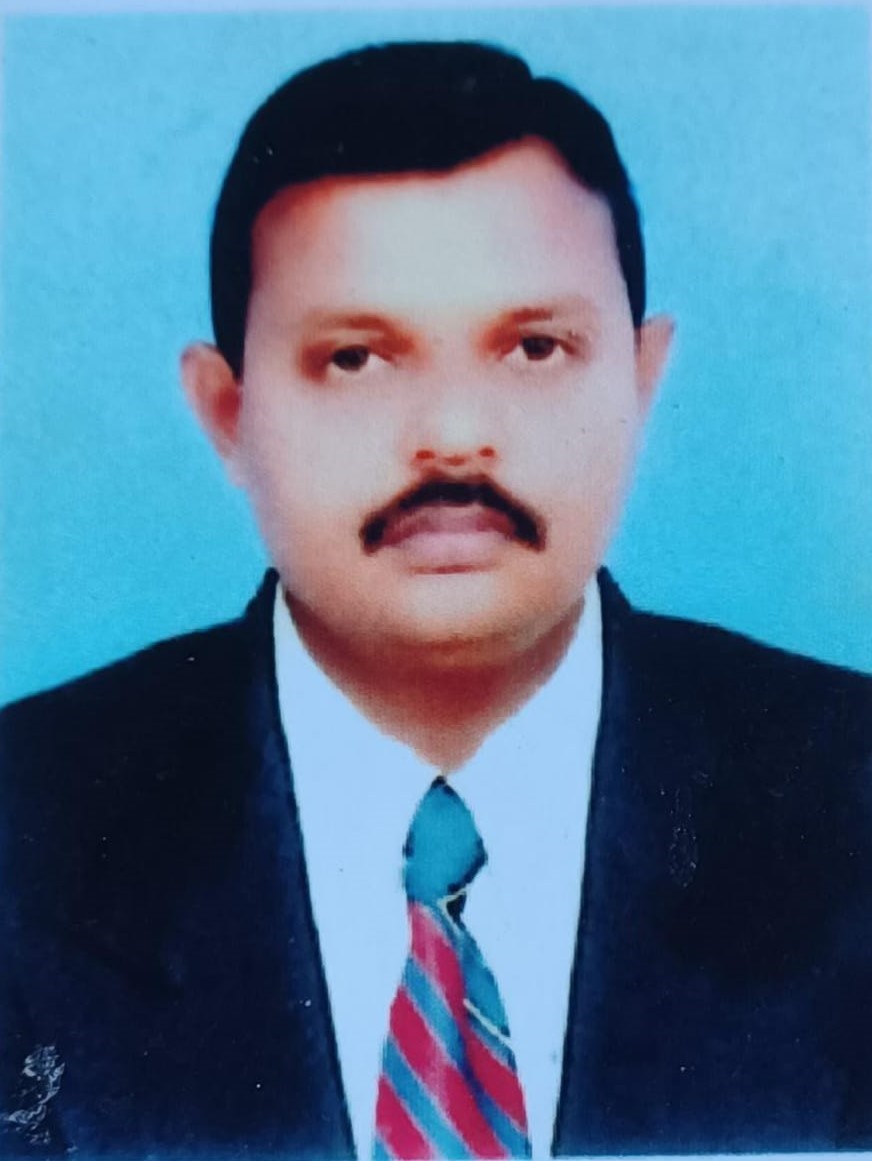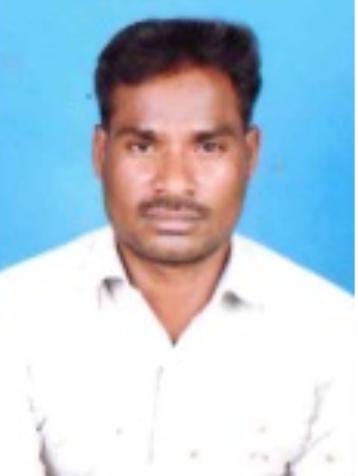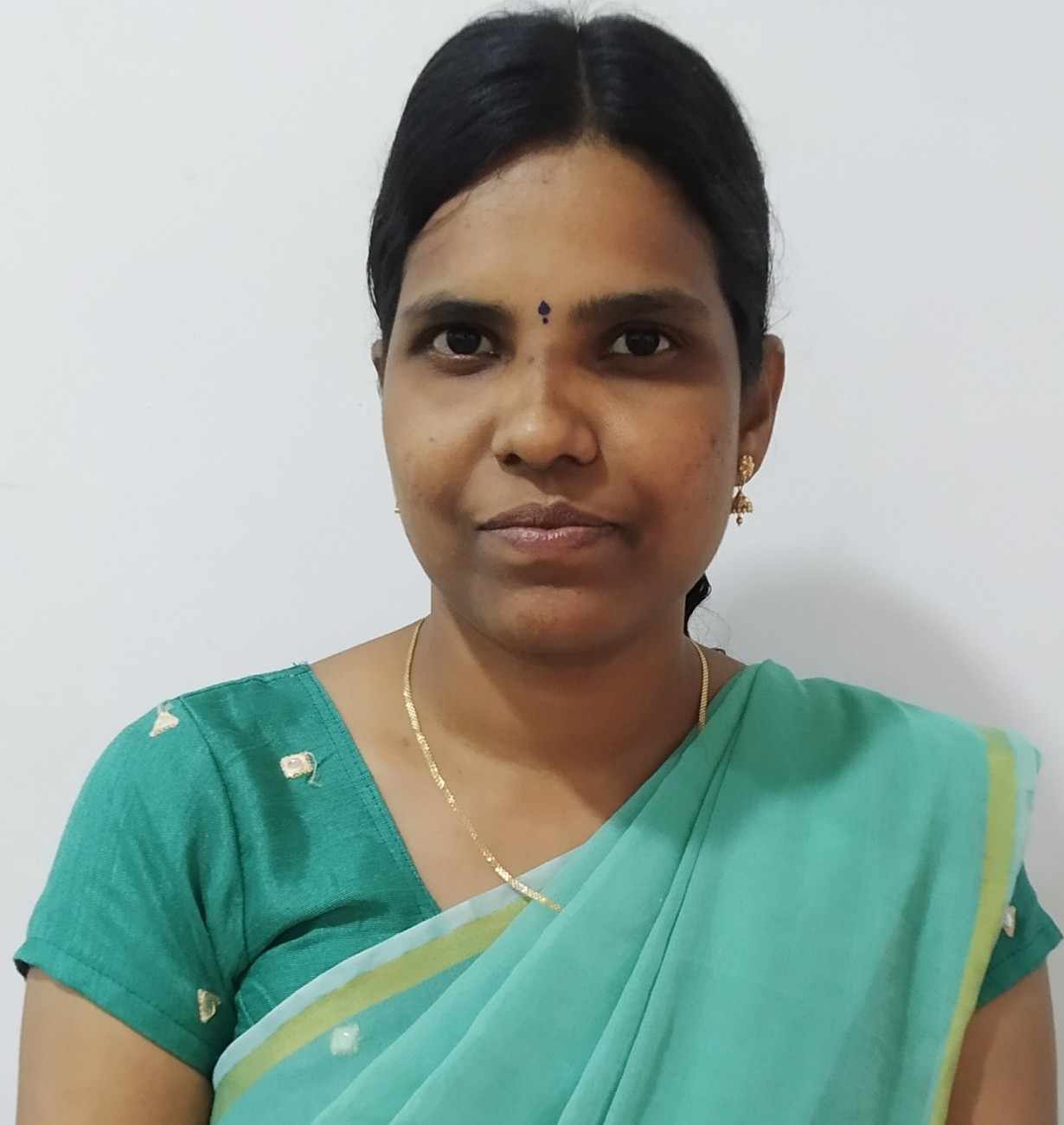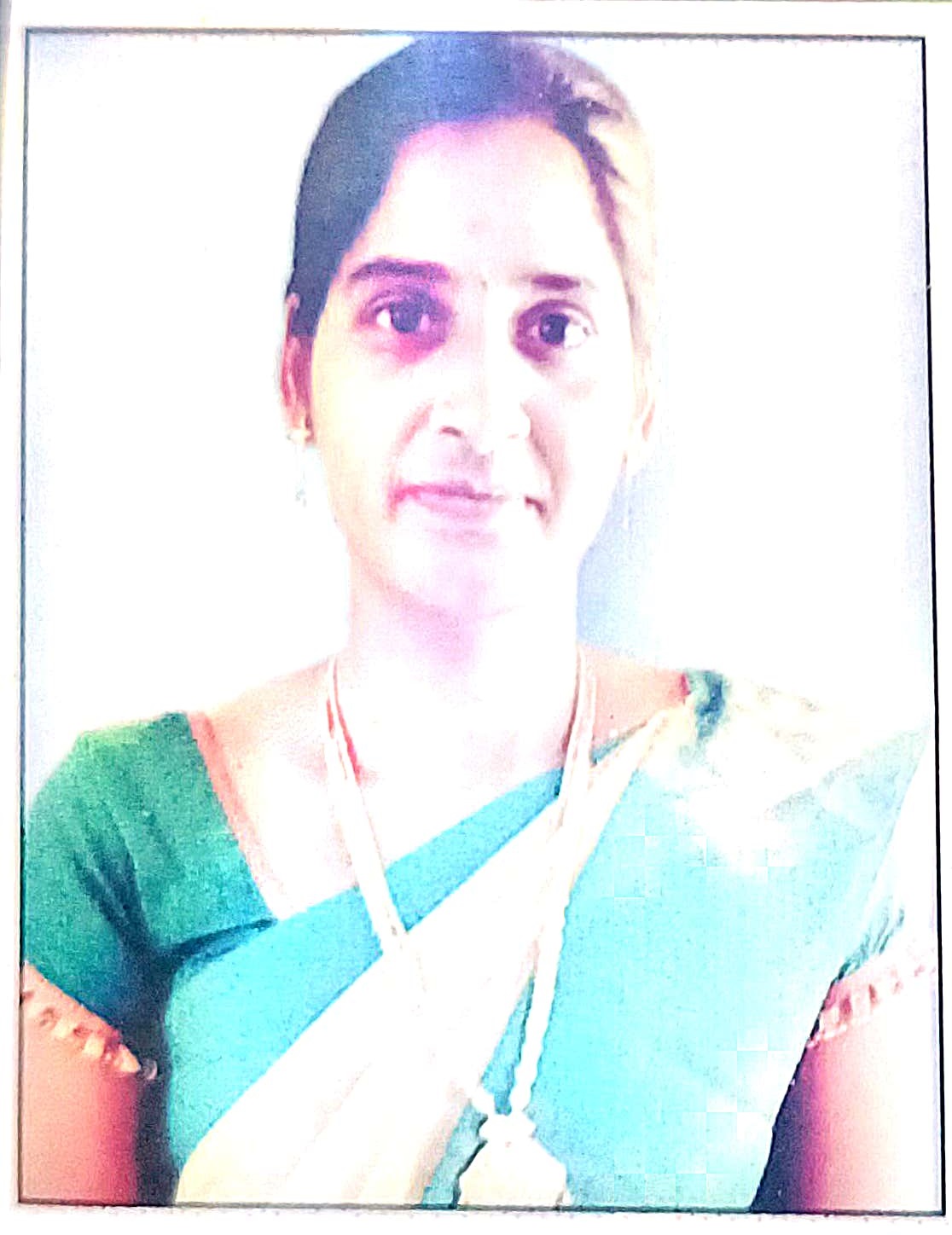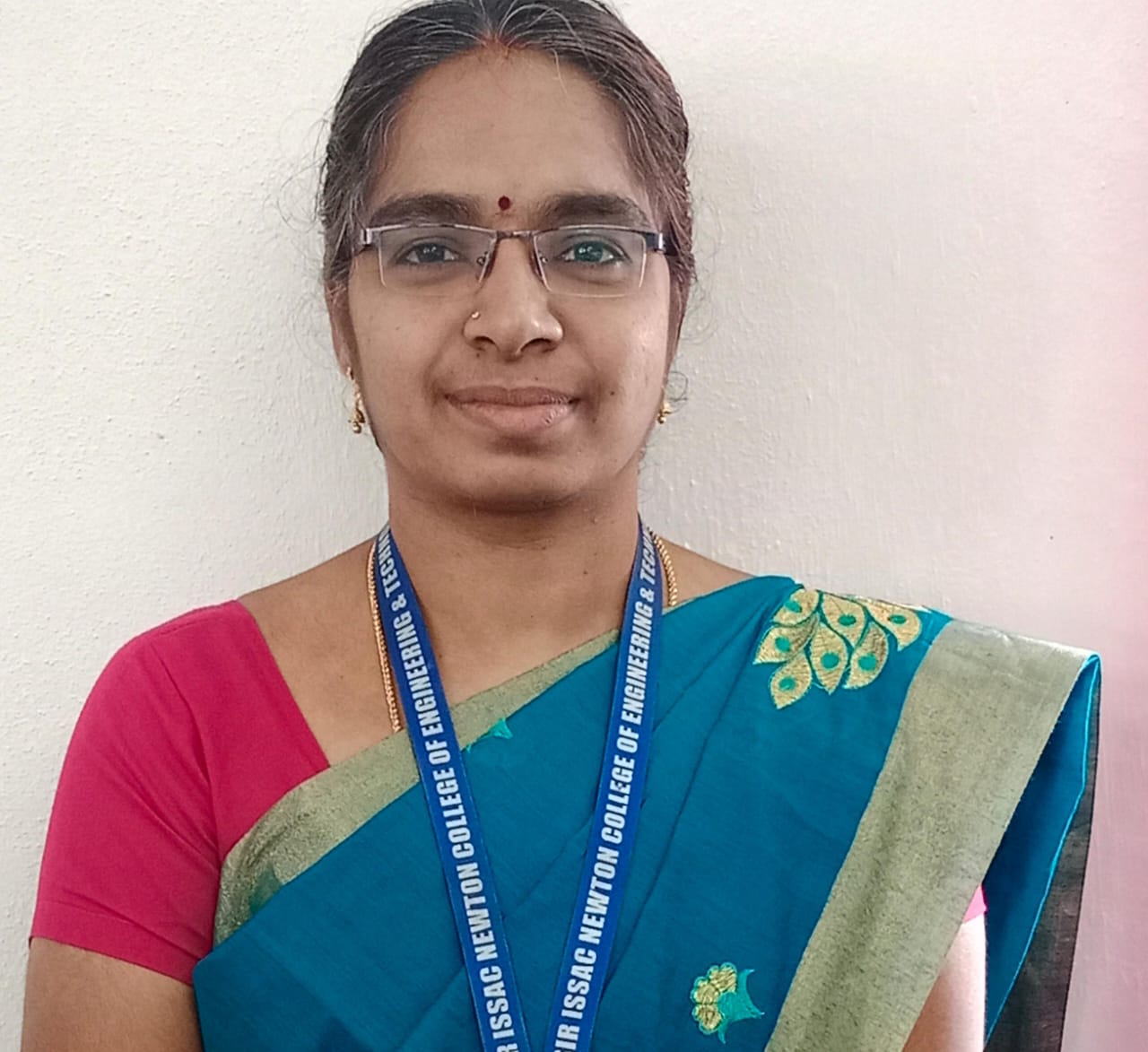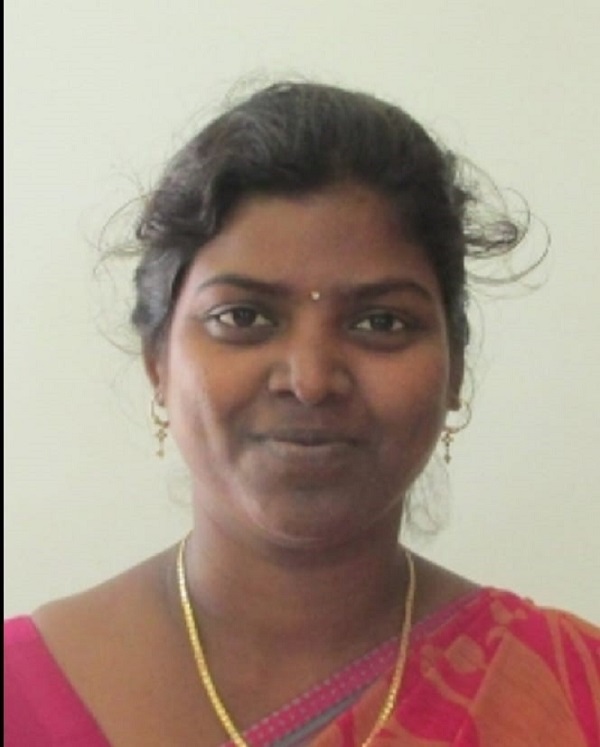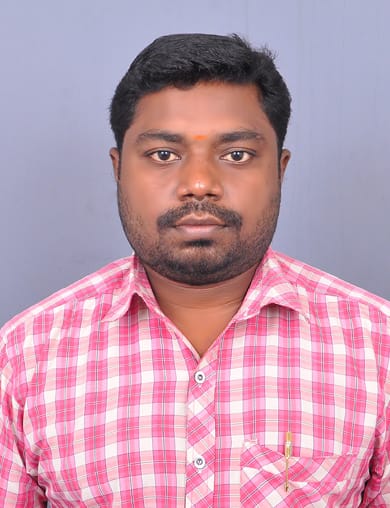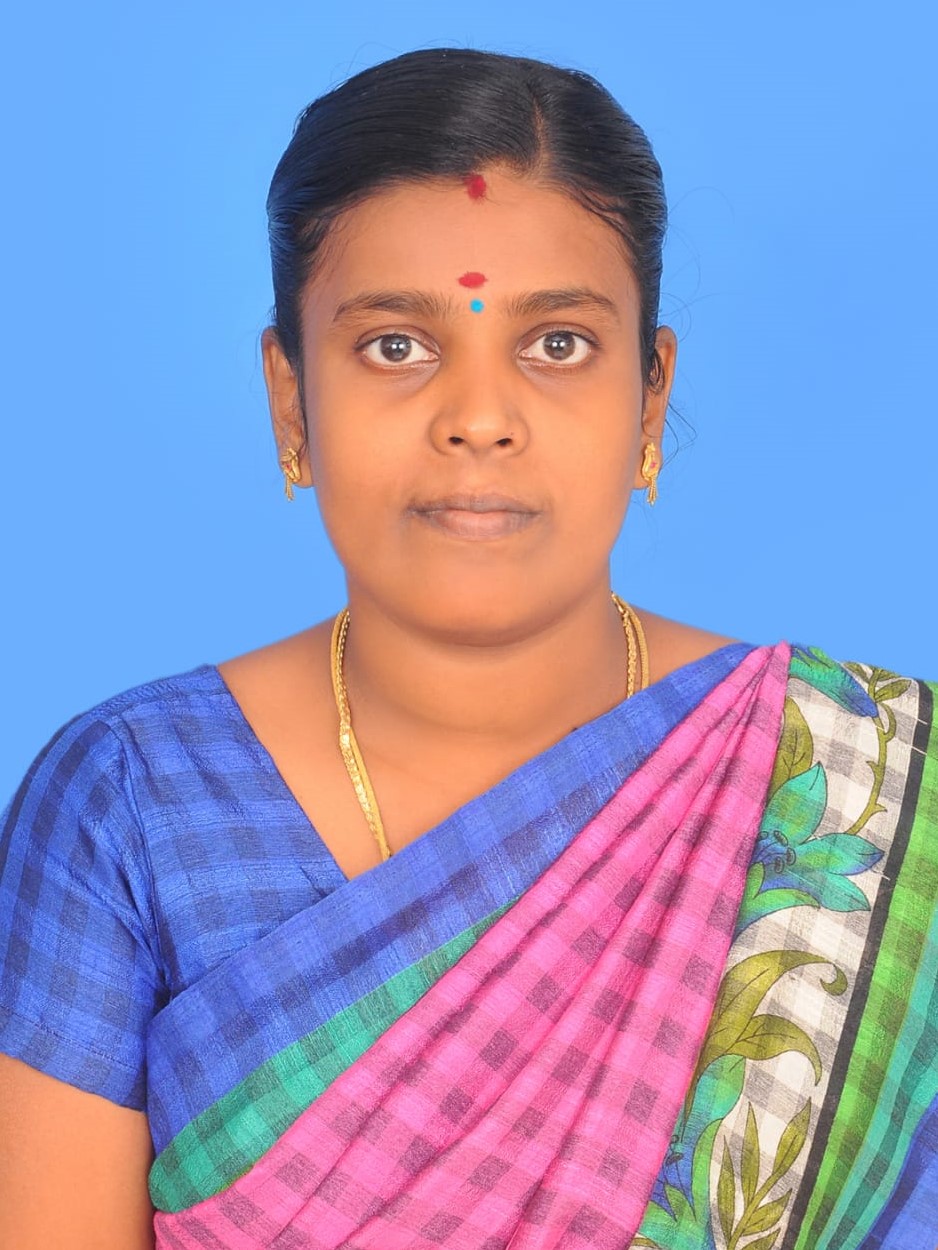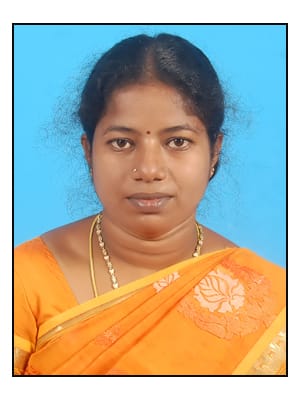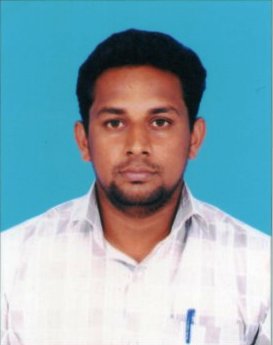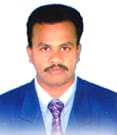Department Of Science and Humanities
Course Description
The department of science and humanities with four disciplines: Mathematics, Physics, Chemistry, and English, focuses primarily on offering futuristic and supportive programs to B.E/B.Tech students. The S&H department plays a vital role in the college’s academic history by leading, inspiring, empowering and enriching the student community through the provision of knowledge, skills, and attitudes in fundamental sciences, as well as in co- curricular and extramural activities. In order to prepare the students to become professionals with international recognition, the department is devoted to dynamically integrating the elements of the sciences, humanities, and engineering. It increases entrepreneurship skills and broadens intellectual outlook and cultivates technical and communication abilities to prepare students for the workplace. Through a creative teaching method in the humanities and fundamental sciences, it fosters moral ideals and social responsibility. To help students improve their whole personalities and social awareness, it offers soft skill and behavioral training programs. It also offers society kids who are open-minded and capable of critical thought
Vision:
Develop a platform to create world- class recognized in the field of Basic Science and Humanities with high-quality engineering exposures
Mission:
1. To impart value-based quality education in the field of Basic Science and Humanities Engineering through effective teaching – learning approaches.
2. To provide the essential academic infrastructure and facilities for the students’ personal and professional growth.
3.To create basic awareness in research, social and ethical practices to excel in future engineering endeavors.
PEO (PROGRAM EDUCATIONAL OBJECTIVE)
Graduates can
1. To impart the solid understanding in agriculture and related science fields needed to address typical issues with crop management, crop development, livestock management, and marketing.
2. To create a conducive atmosphere for teaching and learning for higher education and to aid in the choice of professional jobs in public and private institutions, agro-based business and educational, research and extension organization, among other fields.
3. To develop the skills for leadership, ethical integrity and professional engagement in agriculture.
4. To adequately enlighten students about natural and other resources through course content in order to improve their quality of life.
PSO (PROGRAM SPECIFIC OUTCOME)
Graduates should be able to
1. Applying knowledge of soil and crop management, crop cultivation, crop improvement and farm machinery for long-term organic agriculture development.
2. Understanding of weather symbols and codes reading and logging of climatic and weather data. to receive training in soil data, plant nutrition, and climatologically records.
3. To enhance the ability of the students to formulate solutions to real-world problems pertaining to sustained agricultural productivity using modern technologies.
Course Outcomes
| Regulation - 2021 - UG | |
| YEAR / SEMESTER : I/I | |
| C101 – HS3152 – PROFESSIONAL ENGLISH I | |
| C101.1 | To use appropriate words in a professional context. |
|---|---|
| C101.2 | To gain understanding of basic grammatical structures and use them in right context. |
| C101.3 | To read and infer the denotative and connotative meanings of technical texts. |
| C101.4 | To read and interpret information presented in tables, charts and other graphic forms |
| C101.5 | To write definitions, descriptions, narrations and essays on various topics |
| C102 – MA3151 – MATRICES AND CALCULUS | |
| C102.1 | Use the matrix algebra methods for solving practical problems |
| C102.2 | Apply differential calculus tools in solving various application problems |
| C102.3 | Able to use differential calculus ideas on several variable functions. |
| C102.4 | Apply different methods of integration in solving practical problems. |
| C102.5 | Apply multiple integral ideas in solving areas, volumes and other practical problems. |
| C103 – PH3151 - ENGINEERING PHYSICS | |
| C103.1 | Understand the importance of mechanics. |
| C103.2 | Express their knowledge in electromagnetic waves. |
| C103.3 | Demonstrate a strong foundational knowledge in oscillations, optics and lasers. |
| C103.4 | Understand the importance of quantum physics. |
| C103.5 | Comprehend and apply quantum mechanical principles towards the formation of energy bands. |
| C104 – CY3151-ENGINEERING CHEMISTRY | |
| C104.1 | To infer the quality of water from quality parameter data and propose suitable treatment methodologies to treat water |
| C104.2 | To identify and apply basic concepts of nanoscience and nanotechnology in designing the synthesis of nanomaterials for engineering and technology applications. |
| C104.3 | To apply the knowledge of phase rule and composites for material selection requirements |
| C104.4 | To recommend suitable fuels for engineering processes and applications. |
| C104.5 | To recognize different forms of energy resources and apply them for suitable applications in energy sectors. |
| C105 – GE3151-PROBLEM SOLVING AND PYTHON PROGRAMMING | |
| C105.1 | Develop algorithmic solutions to simple computational problems. |
| C105.2 | Develop and execute simple Python programs. |
| C105.3 | Write simple Python programs using conditionals and looping for solving problems. |
| C105.4 | Decompose a Python program into functions. |
| C105.5 | Represent compound data using Python lists, tuples, dictionaries etc. |
| C105.6 | Read and write data from/to files in Python programs. |
| C106 – GE3171- PROBLEM SOLVING AND PYTHON PROGRAMMING LABORATORY | |
| C106.1 | Develop algorithmic solutions to simple computational problems. |
| C106.2 | Develop and execute simple Python programs. |
| C106.3 | Implement programs in Python using conditionals and loops for solving problems. |
| C106.4 | Deploy functions to decompose a Python program. |
| C106.5 | Process compound data using Python data structures. |
| C106.6 | Utilize Python packages in developing software applications. |
| C107 – BS3171 – PHYSICS AND CHEMISTRYLABORATORY | |
| C107.1 | Understand the functioning of various physics laboratory equipment. |
| C107.2 | Use graphical models to analyze laboratory data. |
| C107.3 | Use mathematical models as a medium for quantitative reasoning and describing physical reality. |
| C107.4 | Access, process and analyze scientific information. |
| C107.5 | Solve problems individually and collaboratively. |
| C108 – GE3172-ENGLISH LABORATORY | |
| C108.1 | To listen to and comprehend general as well as complex academic information. |
| C108.2 | To listen to and understand different points of view in a discussion. |
| C108.3 | To speak fluently and accurately in formal and informal communicative contexts |
| C108.4 | To describe products and processes and explain their uses and purposes clearly and accurately |
| C108.5 | To express their opinions effectively in both formal and informal discussions |
| YEAR / SEMESTER : I/ II | |
| C201 – HS3252-PROFESSIONAL ENGLISH II | |
| C201.1 | To compare and contrast products and ideas in technical texts. |
| C201.2 | To identify and report cause and effects in events, industrial processes through technical texts. |
| C201.3 | To analyses problems in order to arrive at feasible solutions and communicate them in the written format. |
| C201.4 | To present their ideas and opinions in a planned and logical manner. |
| C201.5 | To draft effective resumes in the context of job search. |
| C202 – MA3251 - STATISTICS AND NUMERICAL METHODS | |
| C202.1 | Apply the concept of testing of hypothesis for small and large samples in real life problems. |
| C202.2 | Apply the basic concepts of classifications of design of experiments in the field of agriculture. |
| C202.3 | Appreciate the numerical techniques of interpolation in various intervals and apply the numerical techniques of differentiation and integration for engineering problems. |
| C202.4 | Understand the knowledge of various techniques and methods for solving first and second order ordinary differential equations. |
| C202.5 | Solve the partial and ordinary differential equations with initial and boundary conditions by using certain techniques with engineering applications. |
| C203 – PH3251 - MATERIALS SCIENCE | |
| C203.1 | know basics of crystallography and its importance for varied materials properties |
| C203.2 | gain knowledge on the electrical and magnetic properties of materials and their applications |
| C203.3 | understand clearly of semiconductor physics and functioning of semiconductor devices |
| C203.4 | understand the optical properties of materials and working principles of various optical devices |
| C203.5 | Appreciate the importance of functional Nano electronic devices. |
| C204-PH3254-PHYSICS FOR ELECTRONICS ENGINEERING | |
| C204.1 | know basics of crystallography and its importance for varied materials properties |
| C204.2 | gain knowledge on the electrical and magnetic properties of materials and their applications |
| C204.3 | understand clearly of semiconductor physics and functioning of semiconductor devices |
| C204.4 | understand the optical properties of materials and working principles of various optical devices |
| C204.5 | Appreciate the importance of nanotechnology and Nano devices. |
| C205-PH3256-PHYSICS FOR INFORMATION SCIENCE | |
| C205.1 | gain knowledge on classical and quantum electron theories, and energy band structures |
| C205.2 | acquire knowledge on basics of semiconductor physics and its applications in various devices |
| C205.3 | get knowledge on magnetic properties of materials and their applications in data storage |
| C205.4 | have the necessary understanding on the functioning of optical materials for optoelectronics |
| C205.5 | understand the basics of quantum structures and their applications and basics of quantum computing |
| C206 - BE3251 - BASIC ELECTRICAL AND ELECTRONICS | |
| ENGINEERING | |
| C204.1 | Compute the electric circuit parameters for simple problems |
| C204.2 | Explain the working principle and applications of electrical machines |
| C204.3 | Analyze the characteristics of analog electronic devices |
| C204.4 | Explain the basic concepts of digital electronics |
| C204.5 | Explain the operating principles of measuring instruments |
| C207-BE3252-BASIC ELECTRICAL, ELECTRONICS AND INSTRUMENTATION ENGINEERING | |
| C207.1 | Compute the electric circuit parameters for simple problems |
| C207.2 | Explain the concepts of domestics wiring and protective devices |
| C207.3 | Explain the working principle and applications of electrical machines |
| C207.4 | Analyze the characteristics of analog electronic devices |
| C207.5 | Explain the types and operating principles of sensors and transducers |
| C208-BE3254-ELECTRICAL AND INSTRUMENTATION ENGINEERING | |
| C208.1 | know basics of crystallography and its importance for varied materials properties |
| C208.2 | gain knowledge on the electrical and magnetic properties of materials and their |
| C208.3 | understand clearly of semiconductor physics and functioning of semiconductor devices |
| C208.4 | understand the optical properties of materials and working principles of various optical |
| C208.5 | Appreciate the importance of nanotechnology and Nano devices. |
| C209-CS3251-PROGRAMMING IN C | |
| C209.1 | Demonstrate knowledge on C Programming constructs |
| C209.2 | Develop simple applications in C using basic constructs |
| C209.3 | Design and implement applications using arrays and strings |
| C209.4 | Develop and implement modular applications in C using functions. |
| C209.5 | Develop applications in C using structures and pointers. |
| C209.6 | Design applications using sequential and random access file processing. |
| C210-EC3251-CIRCUIT ANALYSIS | |
| C210.1 | Apply the basic concepts of circuit analysis such as Kirchoff’s laws, mesh current and hod for analysis of DC and AC circuits. |
| C210.2 | Apply suitable network theorems and analyze AC and DC circuits |
| C210.3 | Analyze steady state response of any R, L and C circuits |
| C210.4 | Analyze the transient response for any RC, RL and RLC circuits and frequency el and series resonance circuits. |
| C210.5 | Analyze the coupled circuits and network topologies |
| C211-AD3251-DATA STRUCTURES DESIGN | |
| C211.1 | explain abstract data types |
| C211.2 | design, implement, and analyse linear data structures, such as lists, queues, and stacks, eeds of different applications |
| C211.3 | design, implement, and analyse efficient tree structures to meet requirements such as 43 searching, indexing, and sorting |
| C211.4 | model problems as graph problems and implement efficient graph algorithms to solve them |
| C212-AI3201-PRINCIPLES AND PRACTICES OF CROP PRODUCTION | |
| C212.1 | Students completing this course would have acquired knowledge on the basic principles of crop production |
| C212.2 | Students will be able to select suitable crops and decide upon its establishment |
| C212.3 | Students will get knowledge on the different crop management practices. |
| C212.4 | The students will have the required knowledge in the area of production of agricultural and horticultural crops. |
| C212.5 | Students will be able to delineate their role in relation to various crop production practices |
| C213 –GE3251- ENGINEERING GRAPHICS | |
| C213.1 | Use BIS conventions and specifications for engineering drawing. |
| C213.2 | Construct the conic curves, involutes and cycloid. |
| C213.3 | Solve practical problems involving projection of lines. |
| C213.4 | Draw the orthographic, isometric and perspective projections of simple solids |
| C213.5 | Draw the development of simple solids. |
| C214-CS3271-PROGRAMMING IN C LABORATORY | |
| C214.1 | Demonstrate knowledge on C programming constructs. |
| C214.2 | Develop programs in C using basic constructs. |
| C214.3 | Develop programs in C using arrays. |
| C214.4 | Develop applications in C using strings, pointers, functions. |
| C214.5 | Develop applications in C using structures. |
| C214.6 | Develop applications in C using file processing. |
| C215-EC3271-CIRCUIT ANALYSIS LABORATORY | |
| C215.1 | Design RL and RC circuits. |
| C215.2 | Verify Thevinin & Norton theorem KVL & KCL, and Super Position Theorems. |
| C216-AD3271-DATA STRUCTURES DESIGN LABORATORY | |
| C216.1 | Implement ADTs as Python classes |
| C216.2 | design, implement, and analyse linear data structures, such as lists, queues, and stacks, according to the needs of different applications |
| C216.3 | design, implement, and analyse efficient tree structures to meet requirements such as searching, indexing, and sorting |
| C216.4 | model problems as graph problems and implement efficient graph algorithms to solve them |
| C217- AI3201-PRINCIPLES AND PRACTICES OF CROP PRODUCTION LABORATORY | |
| C217.1 | Students completing this course would have acquired knowledge on the basic principles of crop production |
| C217.2 | Students will be able to select suitable crops and decide upon its establishment |
| C217.3 | Students will get knowledge on the different crop management practices. |
| C217.4 | The students will have the required knowledge in the area of production of agricultural and horticultural crops. |
| C217.5 | Students will be able to delineate their role in relation to various crop production practices |
| C218 – GE3271 – ENGINEERING PRACTICE LABORATORY | |
| C218.1 | Draw pipe line plan; lay and connect various pipe fittings used in common household plumbing work; Saw; plan; make joints in wood materials used in common household wood work. |
| C218.2 | Wire various electrical joints in common household electrical wire work |
| C218.3 | Weld various joints in steel plates using arc welding work; Machine various simple processes like turning, drilling, tapping in parts; Assemble simple mechanical assembly of common household equipment; Make a tray out of metal sheet using sheet metal work |
| C218.4 | Solder and test simple electronic circuits; Assemble and test simple electronic components on PCB. |
| C219 – BE3271-BASIC ELECTRICAL AND ELECTRONICS ENGINEERING LABORATORY | |
| C219.1 | Use experimental methods to verify the Ohm’s and Kirchhoff’s Laws |
| C219.2 | Analyze experimentally the load characteristics of electrical machines |
| C219.3 | Analyze the characteristics of basic electronic devices |
| C219.4 | Use DSO to measure the various parameters |
| C220 – GE3272 – COMMUNICATION LABORATORY | |
| C220.1 | Speak effectively in group discussions held in a formal/semi-formal contexts |
| C220.2 | Discuss, analyze and present concepts and problems from various perspectives to arrive at suitable solutions |
| C220.3 | Write emails, letters and effective job applications. |
| C220.4 | Write critical reports to convey data and information with clarity and precision |
| C220.5 | Give appropriate instructions and recommendations for safe execution of tasks |
PROGRAMME OUTCOMES(POs)
Po Graduate Attribute
1.Engineering Knowledge: Apply the knowledge of mathematics, science, engineering fundamentals, and an engineering specialization to the solution of complex engineering problems.
2.Problem Analysis: Identify, formulate, review research literature, and analyse complex engineering problems reaching substantiated conclusions using first principles of mathematics, natural sciences, and engineering sciences.
3.Design/ Development of Solutions: Design solutions for complex engineering problems and design system components or processes that meet the specified needs with appropriate consideration for the public health and safety, and the cultural, societal, and environmental considerations.
4.Conduct investigations of complex problems:: Use research-based knowledge and research methods including design of experiments, analysis and interpretation of data, and synthesis of the information to provide valid conclusions
5.Modern Tool Usage: Create, select, and apply appropriate techniques, resources, and modern engineering and IT tools including prediction and modeling to complex engineering activities with an understanding of the limitations.
6.The Engineer and Society: : Apply reasoning informed by the contextual knowledge to assess societal, health, safety, legal and cultural issues and the consequent responsibilities relevant to the professional engineering practice.
7.Environment and Sustainability: Understand the impact of the professional engineering solutions in societal and environmental contexts, and demonstrate the knowledge of, and need for sustainable development.
8.Ethics : Apply ethical principles and commit to professional ethics and responsibilities and norms of the engineering practice.
9.Individual and Team Work: Function effectively as an individual, and as a member or leader in diverse teams, and in multidisciplinary settings.
10.Communication: Communicate effectively on complex engineering activities with the engineering community and with society at large, such as, being able to comprehend and write effective reports and design documentation, make effective presentations, and give and receive clear instructions.
11.Project Management and Finance: Demonstrate knowledge and understanding of the engineering and management principles and apply these to one’s own work, as a member and leader in a team, to manage projects and in multidisciplinary environments.
12.Life-long Learning: Recognize the need for, and have the preparation and ability to engage in independent and life-long learning in the broadest context of technological change.
Faculty List
| Science and Humanities |
|---|
Curriculum Details
UG 2021 Regulation
The enhancement of the Teaching and Learning Process in educational institutions has been significantly propelled by a range of dynamic Faculty Development Programs. These programs are strategically designed to keep educators abreast of the latest technological advancements, ensuring that they can impart cutting-edge knowledge to their students. Renowned experts hailing from diverse backgrounds, both academic and industrial, play a pivotal role in these programs. Their valuable insights and experiences contribute to the professional development of faculty members, fostering a culture of continuous improvement.
In addition to traditional faculty development initiatives, the integration of Add-on Courses and invited talks has become a cornerstone in providing students with unique opportunities to engage directly with subject matter experts. These courses and talks are tailored to specific subject areas, allowing students to delve deeper into their fields of interest and gain real-world insights. This personalized approach not only enriches their academic experience but also cultivates a sense of curiosity and passion for their chosen disciplines.
To further enhance the educational experience, the incorporation of NPTEL (National Programme on Technology Enhanced Learning) videos and webinars has become a widespread practice. NPTEL, being a collaborative initiative by the Indian Institutes of Technology and the Indian Institute of Science, offers high-quality educational content in the form of online courses and videos. These resources bridge the gap between theoretical knowledge and practical applications, providing students with a wellrounded understanding of their subjects.
The utilization of Webinars serves as a dynamic platform for students to interact with experts, ask questions, and gain insights into recent global developments. This direct engagement not only broadens their perspectives but also allows them to appreciate the relevance of their studies in a real-world context. Furthermore, these webinars often facilitate discussions on emerging trends and challenges, preparing students to adapt to the rapidly evolving landscape of their respective fields
The utilization of Webinars serves as a dynamic platform for students to interact with experts, ask questions, and gain insights into recent global developments. This direct engagement not only broadens their perspectives but also allows them to appreciate the relevance of their studies in a real-world context. Furthermore, these webinars often facilitate discussions on emerging trends and challenges, preparing students to adapt to the rapidly evolving landscape of their respective fields
The multifaceted approach of Faculty Development Programs, add-on courses, invited talks, NPTEL resources, and webinars collectively contribute to a holistic and enriched teaching and learning environment. By fostering a strong connection between academia and industry, these initiatives empower both faculty and students to stay at the forefront of their fields, promoting a culture of innovation, adaptability, and lifelong learning within the educational ecosystem.
The multifaceted approach of Faculty Development Programs, Practical Application in the described teaching methodology is woven into various aspects of the educational experience. By emphasizing hands-on learning, industry engagement, and the application of theoretical concepts to real-world situations, students are better equipped to navigate the complexities of their chosen fields and contribute meaningfully to their professions.
Value Added Courses
| S.No | Name of the course | No of students | Duration(hours) |
|---|---|---|---|
| 1 | Unxt programme by Unnati foundation | 7 | 90 |
| 2 | IABS-Integrated Approach to Building Services | 46 | 112 |
| 3 | Microsoft Office | 60 | 30 |
Innovative teaching
Innovative teaching embodies a proactive approach aimed at seamlessly integrating cutting-edge teaching strategies and methods, widely acknowledged as a fundamental avenue for attaining a competitive advantage.
• Embracing Innovative Teaching Approaches : Proactively integrating novel teaching strategies and methodologies is a recognized method for gaining a competitive edge in education.
• Leveraging Technology-Enhanced Learning : Faculty effectively utilizes advanced ICT-based teaching tools, including smart classrooms and LCD projectors, to enhance the learning experience and contribute to students' academic improvement.
• Enabling Blended Learning Environments : Our Wi-Fi-enabled campus fosters blended learning, offering access to e-learning websites and resources that complement traditional classroom instruction.
• Utilizing Google Classroom Integration :We employ Google Classroom, an application designed to enhance the learning journey. It facilitates interactive engagement with students through the sharing of technical content, lecture notes, and assignments.
• Promoting Continuous Learning : Both faculty members and students engage in online courses offered by NPTEL within their areas of interest. This practice allows them to stay updated on current trends and develop expertise across multiple domains.
• Enriching Learning Through Webinars : Engaging webinars complement conventional classroom teaching, serving as an effective medium for knowledge transfer and interactive learning experiences.
• Encouraging Professional Development : Faculty members are actively encouraged to participate in Faculty Development Programs (FDPs), short-term courses, and staff development initiatives on advanced topics. This ensures that they remain well-equipped with the latest knowledge and skills.
Laboratory Details
Communication Laboratory
